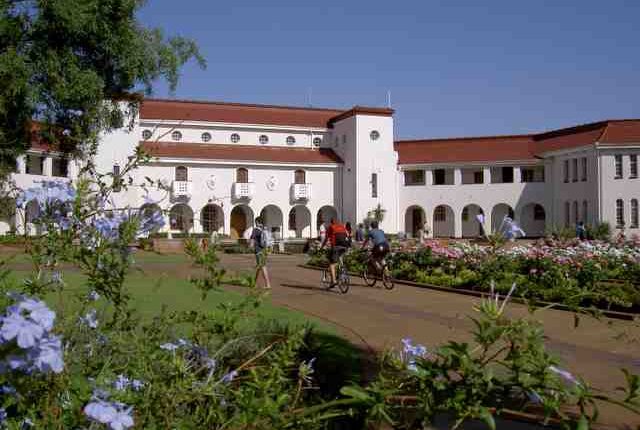North-West University: Consumers facing an increasingly tough year after interest hikes
The decision by the Monetary Policy Committee (MPC) to raise the repo rate by another 50 basis points was widely expected by markets and analysts.
Prof Raymond Parsons, economist from the Business School of the North-West University (NWU), says the MPC took the anticipated decision on a 4 to 1 vote.
“Given the now steadily deteriorating growth outlook for 2022, the question nonetheless arises as to whether the South African Reserve Bank (SARB) could not have again settled for a 25 basis-points rise in interest rates, instead of now announcing a front-loaded 50 basis-points increase. Indeed, having suggested at its previous meeting that the risks to growth outlook were ‘balanced’, the MPC has now reduced its growth forecast for 2022 significantly from 2,2% to 1,7%.”
Prof Parsons says while the global factors outlined by the MPC have clearly resulted in supply-side shocks to the economy, cost-push inflation in South Africa has also been domestically aggravated by sharp hikes in fuel and electricity prices, where competition also happens to be weak, thus maximising their impact on costs.
“But while the MPC is understandably concerned about a general wage-price spiral developing, the evidence as to how big a risk this ‘pass through’ of costs is in a weakening economy does not yet seem sufficiently persuasive. There is room for legitimate differences of view.”
He explains that since the MPC started the interest rate-raising cycle in November 2021, the cost of borrowing is now 125 basis points higher to business and consumers. “From the latest MPC statement it is likely that borrowing costs will rise further in the months ahead. Business, especially small, medium and micro enterprises (SMMEs), and consumers are therefore facing an increasingly tough year.”
According to Prof Parsons, the dilemma is that, if interest rates are steadily pushed higher, the downside risks to growth and employment in South Africa are further raised, and an increased danger of stagflation is developing.
“The MPC must therefore proceed with caution in deciding the pace at which interest rates should be raised further this year, bearing in mind the recent admonition by the International Monetary Fund (IMF) that monetary policy decisions in the world of today must be based on individual country circumstances, not on a mechanistic approach.”
He says that, whatever the technical motivation, SARB governor Lesetja Kganyago is right to have commented that getting monetary policy decisions right in the present complex economic circumstances is as much an art as a science.

